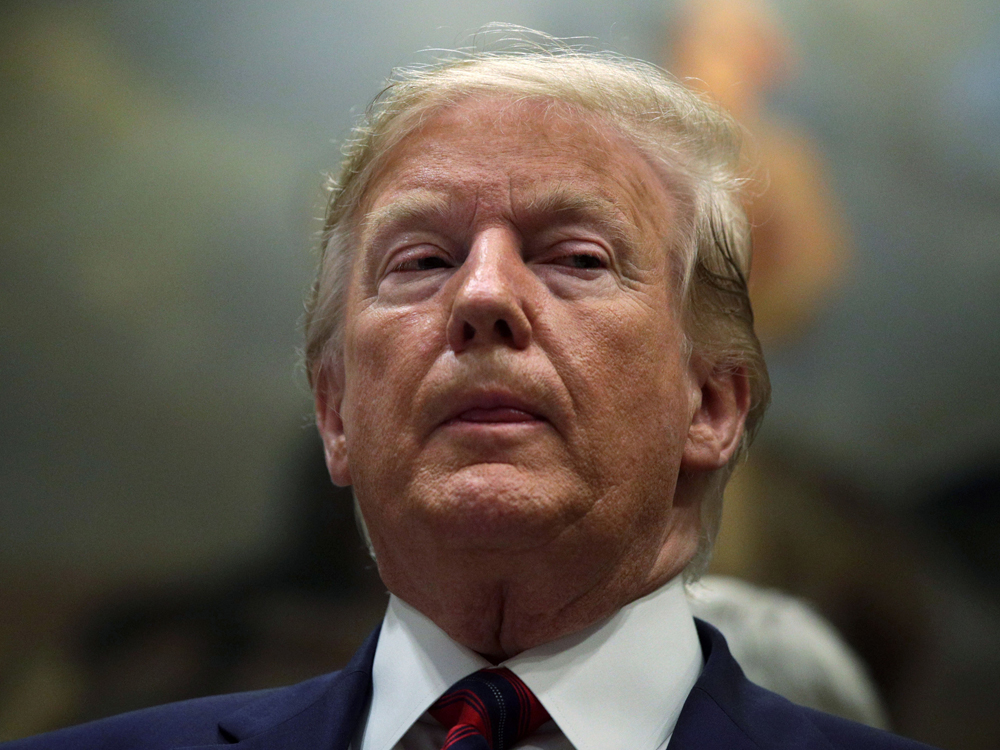Donald Trump has always touted himself as a hard negotiator in business. That approach with countries can bring bigger risks than a failed deal.
Negotiators have been unable to strike an agreement after the U.S. president shattered a six-month truce in his trade war with China, with tariffs kicking in today on Chinese imports ranging from cooked vegetables and Christmas lights to highchairs for babies.
Beijing has vowed to retaliate, and the news whipsawed markets.
Global stocks made gains today as investors held out hopes for a trade deal. Nonetheless the MSCI’s All-Country World Index is set for its worst weekly performance since late December, down 2.75%, after a week of trade tensions sparked by Trump’s threat to hike tariffs last Sunday.
The White House said talks will continue today in Washington between Vice Premier Liu He and top U.S. officials. But as our team in Washington reports, it’s far from clear what might happen now: Can a deal still be reached? Does Trump go ahead with his promise to widen tariffs to all Chinese imports – worth about US$540 billion last year?
While the latter move would take weeks to deploy, it would have significant repercussions for the U.S., Chinese, and global economies. Economists at Moody’s Analytics said an all-out trade conflagration could tip the U.S. into recession by end-2020, just as Trump comes up for re-election.
China’s Foreign Ministry offered no details today on how the government might respond, but while President Xi Jinping wants a deal to end the trade war he also cannot risk being seen as weak at home, and Trump’s actions may force a strong reaction. Spokesman Geng Shuang had one message: “stay tuned.”
With file from Reuters
Bloomberg.com

